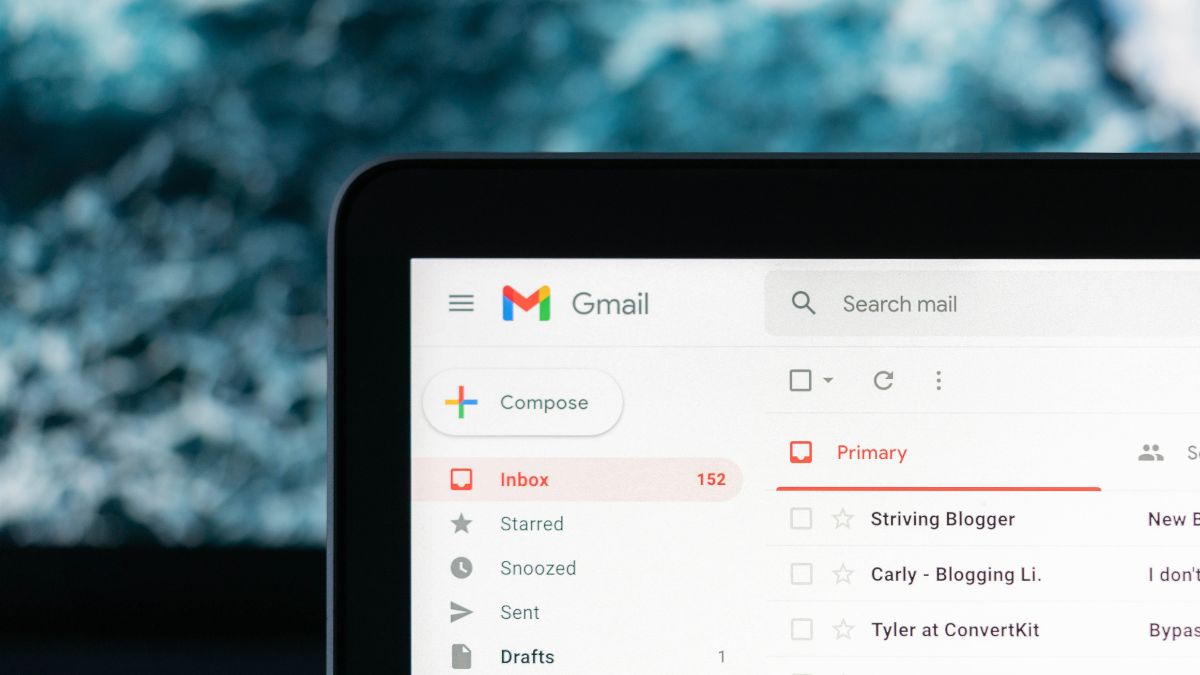Shocking Study: Internet addiction rewires young brains, alters eating habits, and impacts sleep patterns
New research suggests that spending too much time online can alter brain functions and eating habits, particularly affecting adolescents. Here's what the study reveals.






 View all Images
View all ImagesIn the era of digital connectivity, the lure of the internet has captivated minds globally, but a recent study unveils its unsettling repercussions on our brains. Contrary to the occasional eye strain or a fleeting distraction, researchers now suggest that prolonged online engagement can trigger profound changes in brain chemistry, leading to altered eating patterns and disrupted sleep cycles.
Published in PLOS Mental Health and reported by The Guardian, the study delved into the intricate workings of internet addiction, particularly its impact on young minds. Pooling data from 12 studies conducted over a decade, researchers scrutinized the neural dynamics of 237 adolescents, aged 10 to 19, diagnosed with internet addiction.
Also read: Apple reclassifies hairline cracks on iPhones and watches as accidental damage
Employing functional magnetic resonance imaging (fMRI), the study scrutinized how excessive internet usage rewires the brain's circuitry. Surprisingly, the findings revealed heightened neural activity during periods of rest among participants glued to their screens for prolonged durations. Conversely, connectivity within the executive control network – crucial for decision-making and cognitive functions – showed a marked decline.
Vulnerability of Adolescent Brains
Max Chang, the study's lead author from UCL Great Ormond Street Institute of Child Health (GOS ICH), emphasized the vulnerability of adolescent brains to the siren call of internet addiction. "The adolescent brain, undergoing significant biological and cognitive transformations, is particularly susceptible," Chang explained. He highlighted the emergence of compulsive internet usage and cravings as notable symptoms during this crucial developmental phase.
Also read: iPhone 16 launch roundup: Display, camera and performance- What to expect in 2024
Parental Vigilance and Sensible Limits
Parental vigilance emerged as a crucial deterrent against internet addiction. Chang stressed the importance of parental education in managing screen time and curbing impulsive online behavior among children. Irene Lee, a senior author of the study, echoed this sentiment, urging youngsters to impose sensible limits on their internet usage to mitigate its psychological and social ramifications.
Also read: SpaceX's Starship survives return to Earth, achieves demo landing on fourth test
While acknowledging the internet's myriad benefits, Lee cautioned against its encroachment into daily life, emphasizing the imperative of maintaining a balanced relationship with digital technology. As screens become ubiquitous in modern life, understanding the profound impact of excessive online engagement becomes ever more critical.
Catch all the Latest Tech News, Mobile News, Laptop News, Gaming news, Wearables News , How To News, also keep up with us on Whatsapp channel,Twitter, Facebook, Google News, and Instagram. For our latest videos, subscribe to our YouTube channel.
































